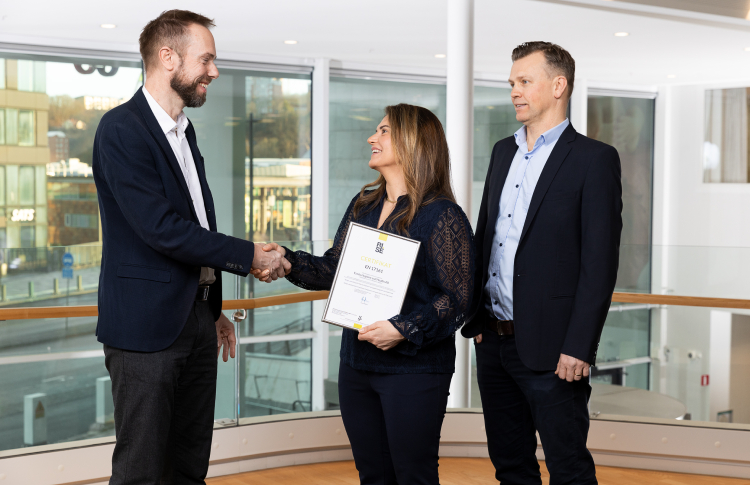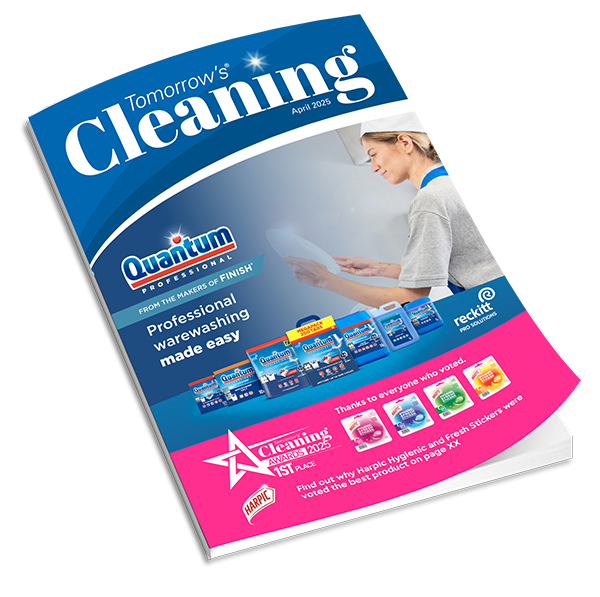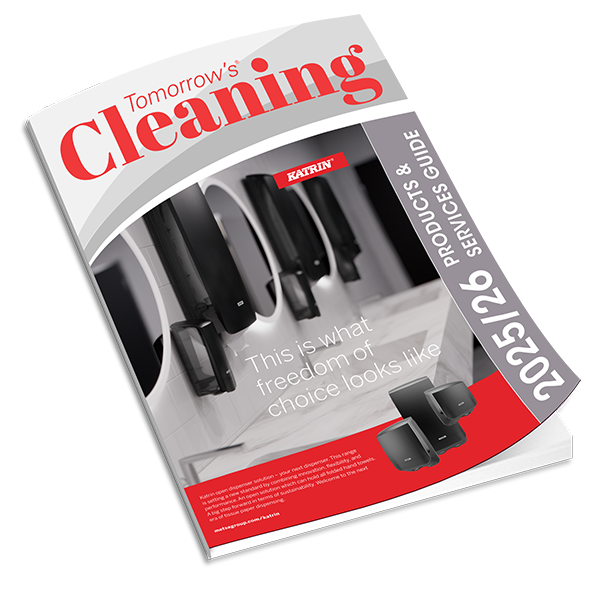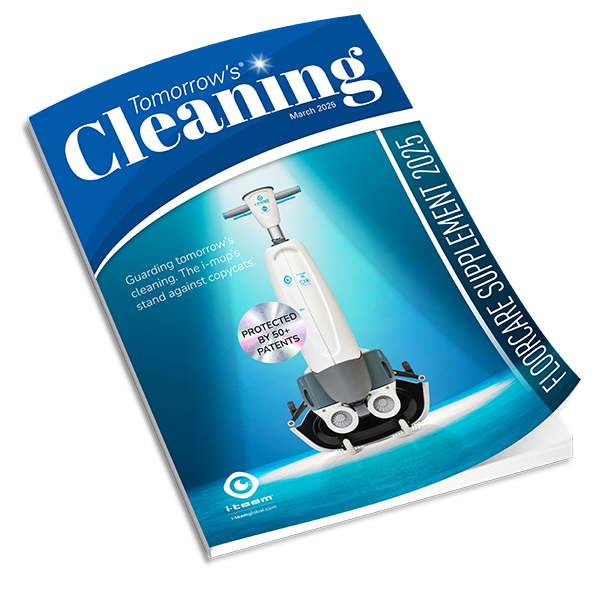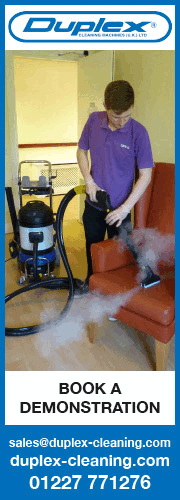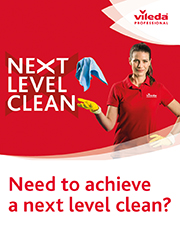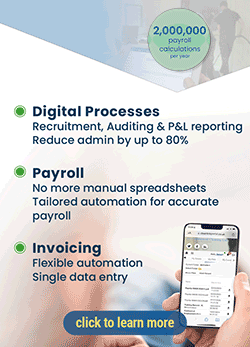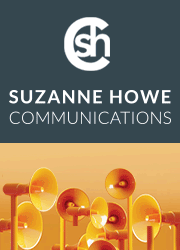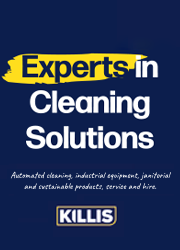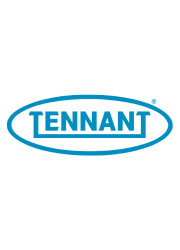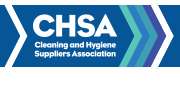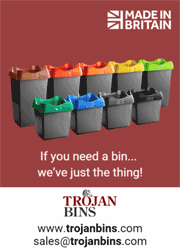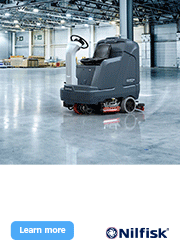A new report has called for better acknowledgement and support for cleaning and hygiene sector workers from the Government.
The report, which is backed by the Royal Society for Public Health (RSPH), the British Cleaning Council (BCC) and 22 organisations from across the industry, identified two priority recommendations in order to ensure that lessons are learnt from the COVID-19 pandemic, and measures are quickly put in place to effectively fight communicable infections in future.
The report reflects the opinions of an industry roundtable meeting which included a wide-range of representatives from the £59bn cleaning, hygiene and waste sector – including trade associations and businesses – along with public health and behavioural insight experts.
The report’s first recommendation was that a dedicated Government department or agency – such as the UK Health Security Agency – is needed to work in partnership with industry to implement necessary preparedness and cultural changes.
The report’s second recommendation was that cleaning and hygiene staff must be acknowledged and appropriately supported by Government, trained, accredited and both culturally and socially accepted. Cleaning and hygiene staff are the key conduit through which hygiene practices are delivered into facilities, it noted.
The roundtable meeting also backed last year’s report from the All-Party Parliamentary Group (APPG) for the Cleaning and Hygiene Industry, entitled ‘Embedding Effective Hygiene for a Resilient UK’, which followed an inquiry into the role of cleaning and hygiene, and the associated challenges, during the pandemic.
The APPG report made 11 recommendations aimed at putting cleaning and hygiene at the top of the national agenda, thereby making the UK much more resilient to current common infections such as flu and also better prepared for future public health emergencies like the COVID-19 pandemic.
Business leaders from the cleaning, hygiene and waste sector – which is one of the UK’s 10 biggest industries – have been calling for the Government to adopt the APPG Covid learnings report since it was published last December. The BCC, which represents the entire sector, and trade associations from across the industry recently came together to launch a campaign for the APPG report to be implemented in full.
They are calling on industry colleagues to write to their MP in support of the report. So far, over 300 letters have been sent with more to follow. The BCC is also lobbying MPs and Government directly.
The drive takes place under the umbrella of the BCC’s ‘We Clean, We Care’ campaign, which reflects the pride cleaning and hygiene staff have in the vital, frontline role they perform, keeping others safe, well, healthy and increasing public confidence in the UK’s infrastructure and workplaces.
BCC Chairman, Jim Melvin, said: “This report recommends two key, priority measures that will help ensure the lessons of the COVID-19 pandemic are learnt, protecting public health and saving lives in the future.
“Recognising the key, frontline and vital role of the cleaning and hygiene sector staff and a good working relationship between the Government and our industry will help ensure the public is healthier, happier and safer going forward, with increased social acceptance of our teams’ professionalism and better cultural awareness of the industry.
“The cleaning, hygiene and waste industry along with experts in public health have come together to speak with one voice on this issue. We need and require to be heard. It is essential that the recommendations in this report and the earlier report from the sector’s APPG are accepted in full, but if the Government continues to see cleaning and hygiene as a cultural afterthought, as it did before the COVID-19 pandemic, they are arguably leaving the health of the public at risk.”
CEO of the RSPH, William Roberts, added: “Cleaning and hygiene operatives are an essential part of the wider public health workforce, which is why there needs to be improved recognition of their role and greater support from Government.
“The recommendations in this report set out a way to ensure cleaning and hygiene operatives are better acknowledged as a profession, and are able to use their collective expertise to support Government and to make us all safer.
“Working in partnership is key to ensure the most up-to-date public health practices benefit society as a whole, and we welcome the approach set out by the APPG. The RSPH continues to support the cleaning and hygiene sector through its qualifications and training.”
Chairman of the Cleaning & Support Services Association (CSSA), Paul Ashton, commented: “The report in itself is progress, but what happens next is most important.
“Integration of technology in the modern cleaning solution is an intrinsic part of how we increase social acceptance of cleaning and hygiene, to create recognition of our frontline staff. Innovation is readily available, more so than ever before, but the Government’s refusal to recognise our industry is limiting acceptance and consequently risking lives.
“To enable positive change, we owe it to our frontline staff and businesses within our industry to access levy-funded training that we have all been paying into for years. Training and development is identified as a key action within the report, when public health is the key outcome – not enabling our industry is playing Russian roulette with society.
“We have the potential to be the global leader in cleaning and hygiene, so it’s about time the Government acknowledged the phenomenal work of our industry and simply provided the platform to progress.
“We’ll keep doing the hard work as we always have done but with genuine recognition, we can maximise the opportunities that technology creates, improve productivity and ultimately create a cleaner, safer United Kingdom.”
Recommendation one was the result of a large part of the roundtable discussion, centring on the need for a strengthened partnership between the sector and Government.
The UK Health Security Agency (UKHSA) was identified by the group as the most appropriate to ensure there are strong links between cleaning, public health and businesses, with the BCC leading the relationship and other sectors providing insight.
Referring to the second recommendation, there was clear consensus across the group that cleaning and hygiene operatives are the key conduit through which hygiene practices are delivered into facilities. They must be trained, accredited and appropriately supported as a fundamental requirement for the implementation of the APPG recommendations.
They are an essential part of the public health workforce and must be recognised as such. They should be acknowledged as key to delivering public health in such situations as a pandemic, and better recognition for these roles must be provided to improve recruitment and retention.
The recommendations of the December APPG report are summarised below:
- The establishment of a joint Government-industry preparedness team to plan for public health emergencies.
- Minimum levels of cleaning materials and equipment to be agreed and made available in readiness.
- Thought to be given to how to increase production during a public health emergency.
- Key frontline worker status must be bestowed upon cleaning operatives and staff working in supply and manufacturing if a pandemic happens.
- Urgent consideration to be given to making cleaning staff eligible for the Skilled Worker Visa scheme.
- Minimum standards for hygiene infrastructure and cleaning in diverse venues to be agreed.
- A standard qualification for cleaning to be developed within the Apprenticeship Levy.
- Training budgets for cleaning operatives should be adequate.
- Government communications around hygiene in times of pandemic should be clear, consistent, sustained, timely, relevant and specific.
- The Government should use behavioural science-based communication campaigns to promote hygienic behaviour to the public.
- The Government should support the cleaning and hygiene industry in realigning perceptions of the industry.
Members of the cleaning and hygiene industry can find out how to support the campaign to make cleaning and hygiene a national priorityhere.












